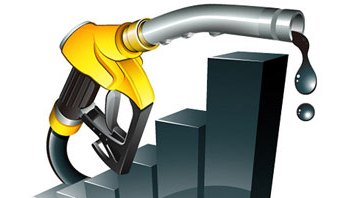
The revision, however, excludes the state levies, the IOC said in a statement.
The prices were revised downward due to the rupee appreciating against the dollar in the recent past, giving some relief to oil companies in the import of the commodity from the international market.
“Presently, the rupee-dollar exchange rate has shown an appreciating trend. The international oil prices, however, continue to remain firm casting their shadow on petrol prices,” the IOC said.
It said, the trends in the international oil market and dollar-rupee exchange rate will be closely monitored and will be reflected in future price changes.
The two other public sector fuel retailers, namely Bharat Petroleum Corp (BPCL) and Hindustan Petroleum Corp (HPCL) have not yet announced their decision to cut pump prices for petrol, but are expected to take a decision soon. Petrol prices were last revised on June 28, when it were slashed by Rs 2.46 per litre.
The oil marketing companies have incurred a loss of Rs 2600 crore approximately on sale of petrol during April-September this year due to inability to change retail selling prices to the desired extent in line with market conditions, the IOC statement said.
70-paise cut in Bangalore
N Bhushan Narang, president of the Karnataka Petroleum Dealers Association, said the reduction in petrol prices is applicable only to IOC-owned petrol bunks as HP?and BPCL are yet to announce the reduction. “HP?and BPCL may announce slash in the petrol prices by Tuesday or Wednesday,” he said.
Narang further said the reduction of petrol prices in Bangalore city would be by around 70 paise per litre.





Comments
Add new comment